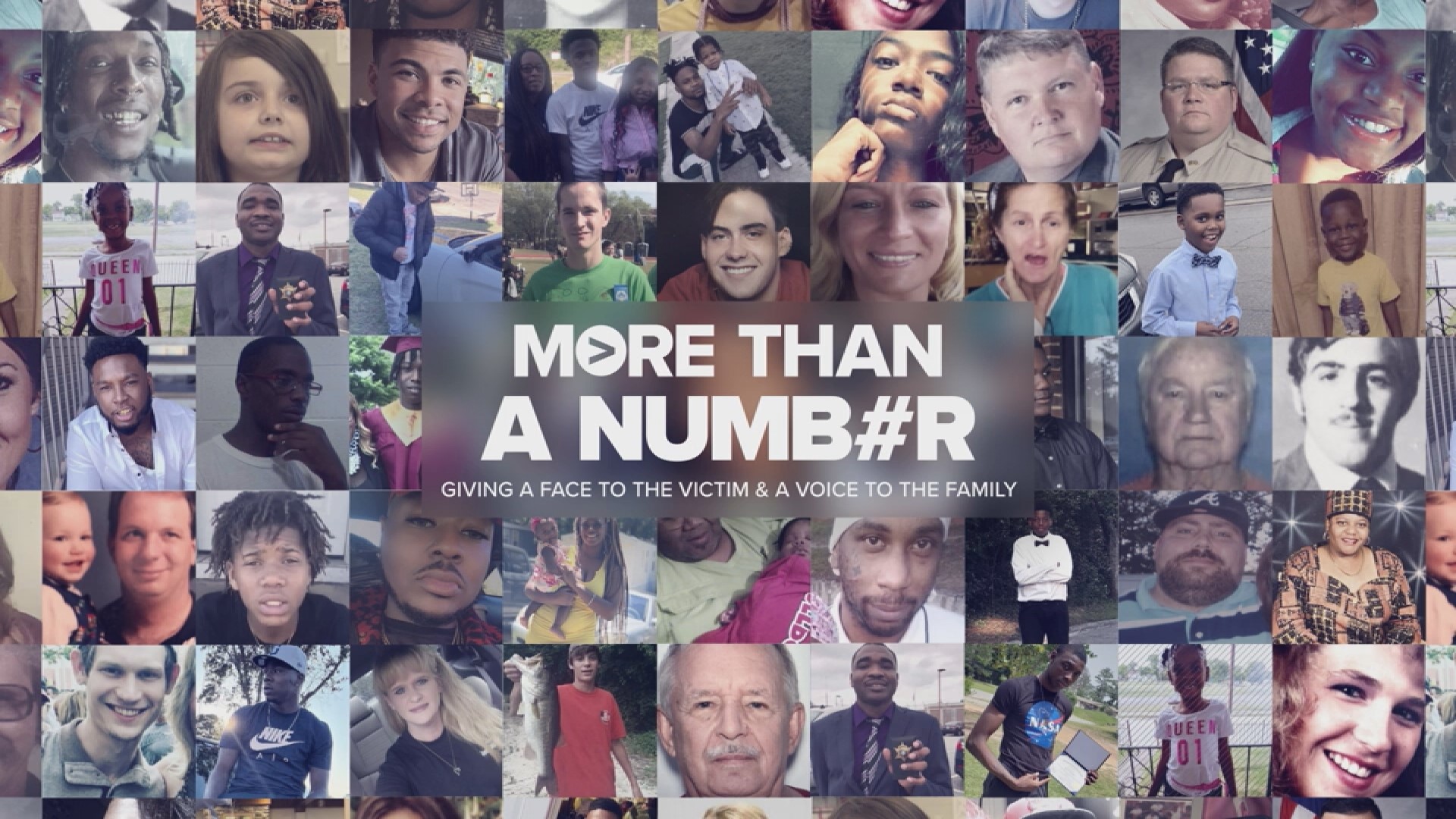MACON, Ga. — June 23, 1994, is a day Faye Alexander will never forget.
Alexander remembers missing two phone calls, one from a woman and one from a man. She contemplated who to call back first.
"And I call the young lady first. And she said Ms. Faye, we've been trying to get in touch with you all day to tell you Qucell got shot. And I hollered," Alexander said.
The mother of three was filled with anger and disbelief and described that day as a bad dream. Already losing an aunt just a few months prior, she didn't expect to lose another loved one too soon.
In 1994, Qucell Walker was shot and killed while walking into a convenience store in Macon, Georgia. Today his case is still unsolved. She says that even though her son's death was reported on tv, it still didn't seem real.
"You're listening to the news. The news constantly reports my son's death. And that wasn't good, but that was their job. They had to do that."
A mother who has now lost all three of her children. The grief she felt for her son led to thoughts of revenge.
"And I need to get out; I got some work to do. So help me, God, they were going to kill me, or I was going to kill them." Alexander said.
Alexander said she saw a counselor after Qucell's death. She remembers going once a week, but it wasn't enough because nothing could fill the void of losing her loving, intelligent, and respectful son.
"I felt if I leave your office, I should feel some type of relief," Alexander said.
What is grief? According to the Mayo Clinic, grief is "a strong, sometimes overwhelming emotion for people, regardless of whether their sadness stems from the loss of a loved one." Franchetta Trawick is a grief counselor at Piedmont Macon. She says grief is different for everyone.
"A lot of time, the immediate response is fear, numbness, and denial. You just can't seem to believe that this is happening," Trawick says.
Trawick says seeing a professional should be the first step if you are grieving after losing someone. But there are other ways.
"Finding a support group, a grief counselor, which is very important because you have a safe place. You have a safe place where others have experienced loss," Trawick said.
After her son's death, Alexander worked to help others who had lost someone to gun violence. She became the National Director of Peacekeeper Healing of Affliction and helps other parents talk about what they're going through at 'Champions for Peace.' A support group meets every Tuesday at the Booker T. Washington Community Center in Macon.
"You're dealing with someone that has been through what you've been through. And when you can bring the outlook of what God has given you to say, it brings strength to that person," Alexander said.
What helps in her grieving journey is remembering the good times. Her fondest memory is when he came home after getting his concert tickets stolen. She said, "Thank God for your life" because he was still here.
Alexander says she thinks about her son every day. While she remained strong during his death, one day brought her weakness.
"That is going to be one of the hardest days of my life. It's going to be a grieving day for me," Alexander said.
Qucell would turn 50 on August 15 this year.
"But as that day leave and go to August 16, I'll be fine."
But the grief won't ever be easy, every August.
If you or someone you know has lost someone to gun violence, below are grief support resources:
MORE THAN A NUMBER
More Than A Number is a Poynter-Stand Together award-winning project by Justin Baxley designed to help families of loved ones impacted by tragedy and trauma interact with journalists in a less intrusive way.
More Than A Number will officially launch in August with a streaming special available on 13WMAZ+ for on-demand streaming. For any questions or concerns about More Than A Number, contact us here at the following email.
RELATED: More Than A Number: Family Form

